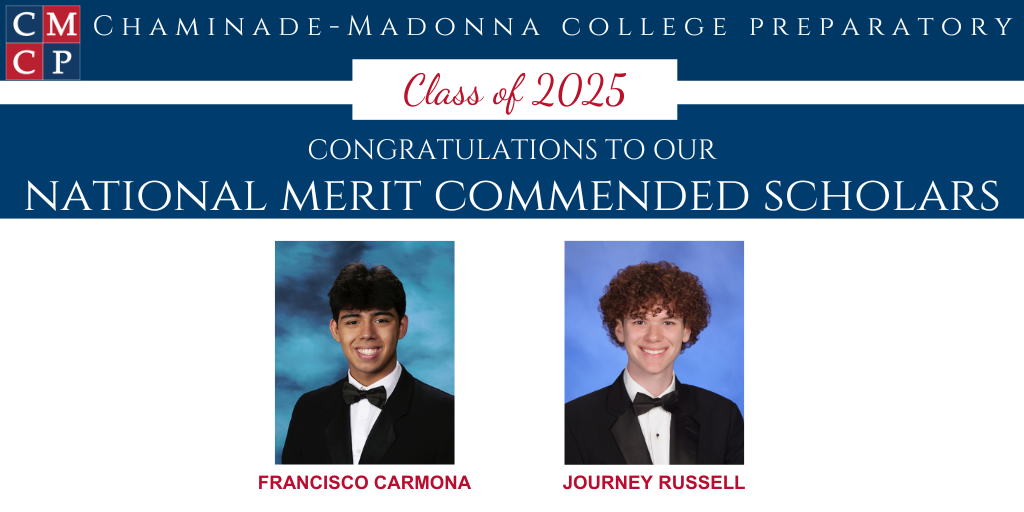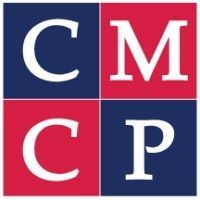Twenty-first century learning environment
The literature on academics indicates that the schools of today must be geared toward the principles of 21st century learning. Some of these principles include: creative and critical thinking, problem-solving, opportunities for collaboration in the acquisition of new knowledge, and using technology as a learning tool in various applications.

Seven-credit, rotational daily schedule
Also unique to Chaminade-Madonna is the daily rotational schedule of classes. Students meet in each class every other day for seventy-five minute class periods. All students carry seven credits of classes each year. In the middle of the day is a 90-minute block where no classes meet but rather students are scheduled into a lunch period, a study period, and a period for standardized test preparation. This schedule assists the students in becoming efficient managers of their time while emphasizing thoroughness and depth of instruction as opposed to a more cursory treatment.
Curriculum
In our classrooms and across our campus, A liberal arts approach to learning is the foundation of our curriculum. Our daily schedule of 75 minute classes that rotate over 2 days provides opportunities for in-depth exploration of literature, mathematics, science experimentation, or participation in the arts. The student load of coursework includes a total of seven credits for one academic year. See our 2023-2024 Curriculum Guide for a listing of all courses available at Chaminade-Madonna.
Our teachers approach planning in a holistic manner, using a backward-design model. This method targets critical thinking and problem-solving in all academic disciplines. Students are given a variety of opportunities to demonstrate mastery of learning which go well-beyond traditional written tests and quizzes.
Technology in the Classroom
Responding to the needs of 21st century learners, Chaminade-Madonna has invested heavily in the infrastructure, hardware, and software that are required to learn and research in a digital format. Our completely wireless campus enables students and faculty to carry technology with them wherever they go. Our entire campus is a classroom without walls!


